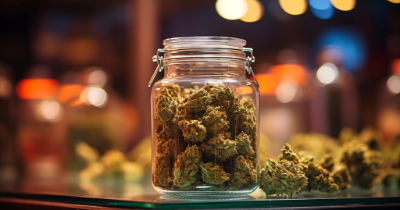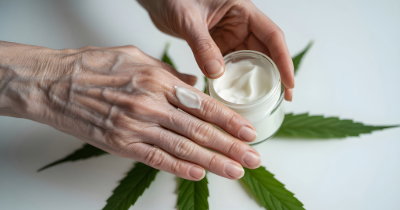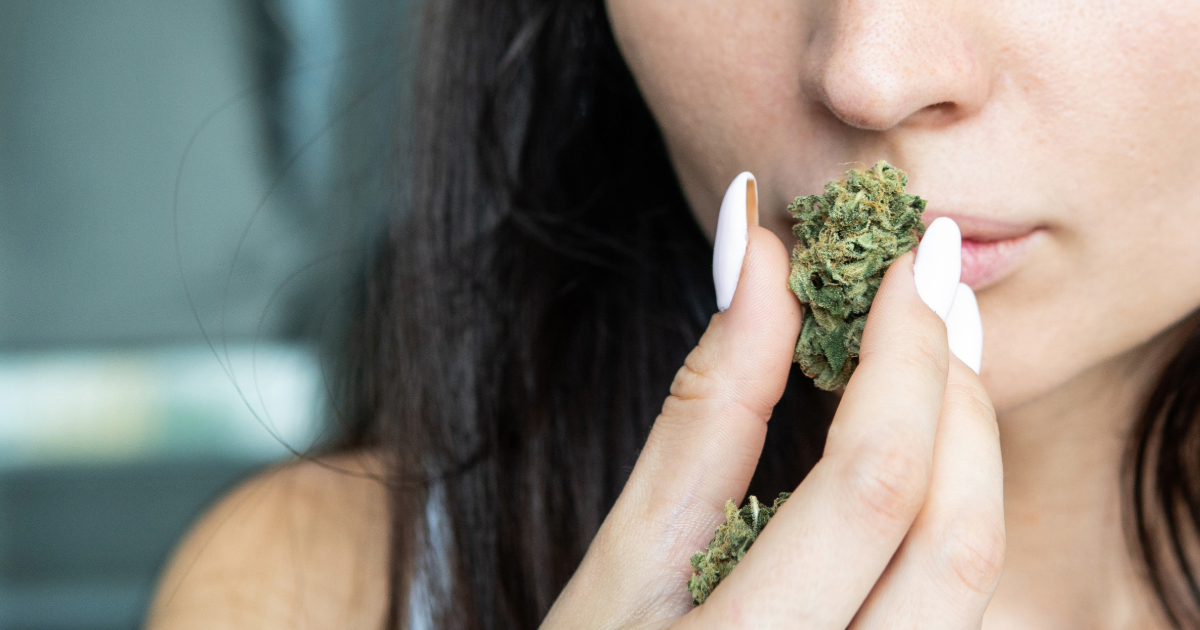The effects of cannabis may wear off in a few hours, but the compounds it leaves behind can stay with you far longer. This often surprises casual or first-time users who assume that once the high fades, the product is out of their body too. That’s not how it works. THC, the psychoactive compound in cannabis, is stored in fat cells and gradually released over time.
We see this question come up often at the ReLeaf Center in Niles, especially from people preparing for drug screenings or returning to cannabis after a break. Everyone wants a straight answer, but the reality is more complicated. How long cannabis stays in your system depends on multiple personal factors, including metabolism, hydration, body fat percentage, and frequency of use. No two people will have the exact same timeline.
Your Body Stores It Differently Than Other Substances
Unlike alcohol, which your body breaks down and removes fairly quickly, cannabis takes its time. THC gets converted into metabolites that settle into fat tissue. From there, it’s released slowly back into your bloodstream over days or even weeks. This is why someone who uses cannabis daily might test positive long after they’ve stopped.
It also means that regular users won’t follow the same timeline as someone who only uses it once in a while. Your habits matter. If you’ve been using high-THC flower, concentrates, or edibles multiple times a week, your detection window is going to be longer. This is especially important for those facing workplace tests or legal obligations.
Each Test Has Its Own Rules
Urine tests are by far the most common, especially in workplace settings. These can detect THC metabolites for three days if you’re a light user, but up to a month or more if you use regularly. That’s because the test doesn’t measure whether you’re high right now; it checks for leftover compounds stored in your system.
Other types of tests are more limited. Blood tests usually detect THC for a day or two. Saliva testing picks up use within the past 24 to 48 hours. Hair testing, while uncommon, can track usage going back as far as 90 days. It’s worth asking which test is being used before assuming you’re in the clear, because each one operates on a different timeline.
What Helps and What Doesn’t With Detoxing
There’s no shortage of detox myths floating around online. Some people chug cranberry juice; others try sweat-it-out strategies like sauna sessions or high-intensity workouts. The truth is that while staying hydrated and active is good for your health, it doesn’t speed up THC removal the way people hope.
The only real solution is time. Your liver and kidneys do the work of clearing out your system, and they operate at their own pace. If you’re planning to stop for a while, give yourself a solid window. Eat balanced meals, drink water, and get good sleep. These basics support your body’s natural detox process, but there’s no instant reset button.
What Users Should Keep In Mind
If you’re using cannabis recreationally and wondering how long it might show up in a test, context is key. A single edible on a weekend won’t linger the same way as daily use would. Your personal health, habits, and even genetics all play into how long THC will stick around.
We never assume or guess when someone asks this question. We talk about usage patterns, ask a few lifestyle questions, and explain what makes the biggest difference. You won’t get a blanket answer because there isn’t one. But you will get information that actually helps.
Don’t Leave It To Guesswork
There’s a big difference between knowing you’re fine and hoping you are. If cannabis use intersects with job requirements, legal needs, or personal goals, it’s worth understanding how your body reacts. Estimating based on someone else’s story rarely works out the way you think.
If you’re unsure or just want to be smart about your timing, talk to us. As a dispensary in Niles, Michigan, ReLeaf Center is here to give you the information without the judgment. Whether you’re planning ahead or just curious about your body’s response, we’ll walk you through it so you’re not left guessing.
View More
 A Simple Glossary for New Cannabis Consumers
A Simple Glossary for New Cannabis Consumers
 Questions That Help You Get Better Budtender Recommendations
Questions That Help You Get Better Budtender Recommendations
 Exploring Cannabis as a Tool for Pain Management
Exploring Cannabis as a Tool for Pain Management


